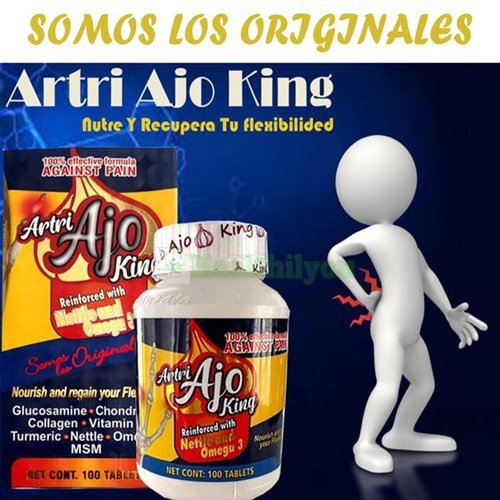Amazon Is Putting Pharmacy Kiosks in Its Own Medical Clinics
/By Crystal Lindell
Have you ever dreamed of skipping the hassle of going to a pharmacy to pick up a prescription after you’ve seen your doctor?
Amazon wants to eliminate that extra trip by putting pharmacy kiosks — vending machines — in its One Medical clinics to dispense drugs on site. The move will increase Amazon’s growing share of U.S. pharmacy sales, at a time when many retail pharmacies are struggling.
It also raises questions about a conflict of interest when doctors at One Medical – a wholly owned subsidiary of Amazon – steer their patients to Amazon Pharmacy kiosks to fill their prescriptions on the spot.
In an Amazon promotional video, a One Medical doctor does just that:
Amazon is framing this as an issue of convenience that will improve the healthcare of One Medical patients, pointing out that nearly a third of all prescriptions are never filled.
"As clinicians, we see firsthand how delays in starting medication can impact treatment outcomes," Andrew Diamond, MD, Chief Medical Officer at One Medical, said in a press release. "The ability to know a patient is leaving our office with their medication in hand – especially for conditions requiring immediate treatment like infections – can make a meaningful difference in their care journey."
Starting in December, Amazon Pharmacy kiosks are being installed at One Medical clinics in the Los Angeles area, with expansion to additional clinics soon after.
"By bringing the pharmacy directly to the point of care, we're removing a critical barrier and helping patients start their treatment when it matters most — right away," said Hannah McClellan, Vice President of Operations at Amazon Pharmacy.
To use the kiosks, patients must already have an account with Amazon Pharmacy, which requires them to provide their insurance information and other payment options.
Once a prescription is scanned at a kiosk and the patient is verified, an Amazon pharmacist will begin to process the prescription remotely and be available to answer questions. If the prescription is approved, a robotic arm will pick out the medication from a vault inside the kiosk, label it, and drop it through a bay door for the patient to pick up.
The kiosks won’t carry controlled substances like opioids or drugs that need to be refrigerated, but that still leaves a lot of medication options for One Medical doctors to prescribe.
One Stop Shopping
Will Amazon’s doctors be incentivized to prescribe unnecessary or high-cost medications just to make extra money for their parent company?
Unfortunately, that’s not a far-fetched question to ask, given the well-known influence of pharmaceutical sales reps. The reps often give free meals, paid speaking engagements, and other financial incentives to doctors in hopes of getting them to prescribe their company’s medications.
Amazon Pharmacy currently has a small market share compared to big chain pharmacies like CVS and Walgreens, but its home delivery system is rapidly growing and gaining in popularity. Amazon Pharmacy sales were projected to reach $1.8 billion in 2024 and some analysts say it could eventually be the leading drug store in the U.S.
I fear that adding Amazon Pharmacy kiosks to One Medical clinics is just the first step. The company could place kiosks in other non-Amazon locations such as hospitals, medical offices, and urgent care clinics. Amazon admitted as much when it said its kiosk expansion plans include “additional One Medical offices and other locations.”
Amazon, which has a market cap of over $1 trillion, could wind up doing to pharmacies what it did to book stores 30 years ago: drive them out of business. Of course, chain pharmacies have already done a good job of doing that to themselves.
Millions of low-income and rural Americans already live in "pharmacy deserts" and have to drive long distances to fill a prescription. What will happen to them when additional pharmacies close? Or the patients who need controlled substances or refrigerated medications that the kiosks don’t dispense and Amazon won’t deliver?
In the end, when it comes to healthcare, we should be extra cautious about the financial incentives at work and putting too much power in the hands of one company.
Maybe the pharmacy kiosks will be convenient. Maybe Amazon’s doctors won’t prescribe unnecessary medications just to reach a kiosk sales goal. But I’m not willing to bet my health on that.





